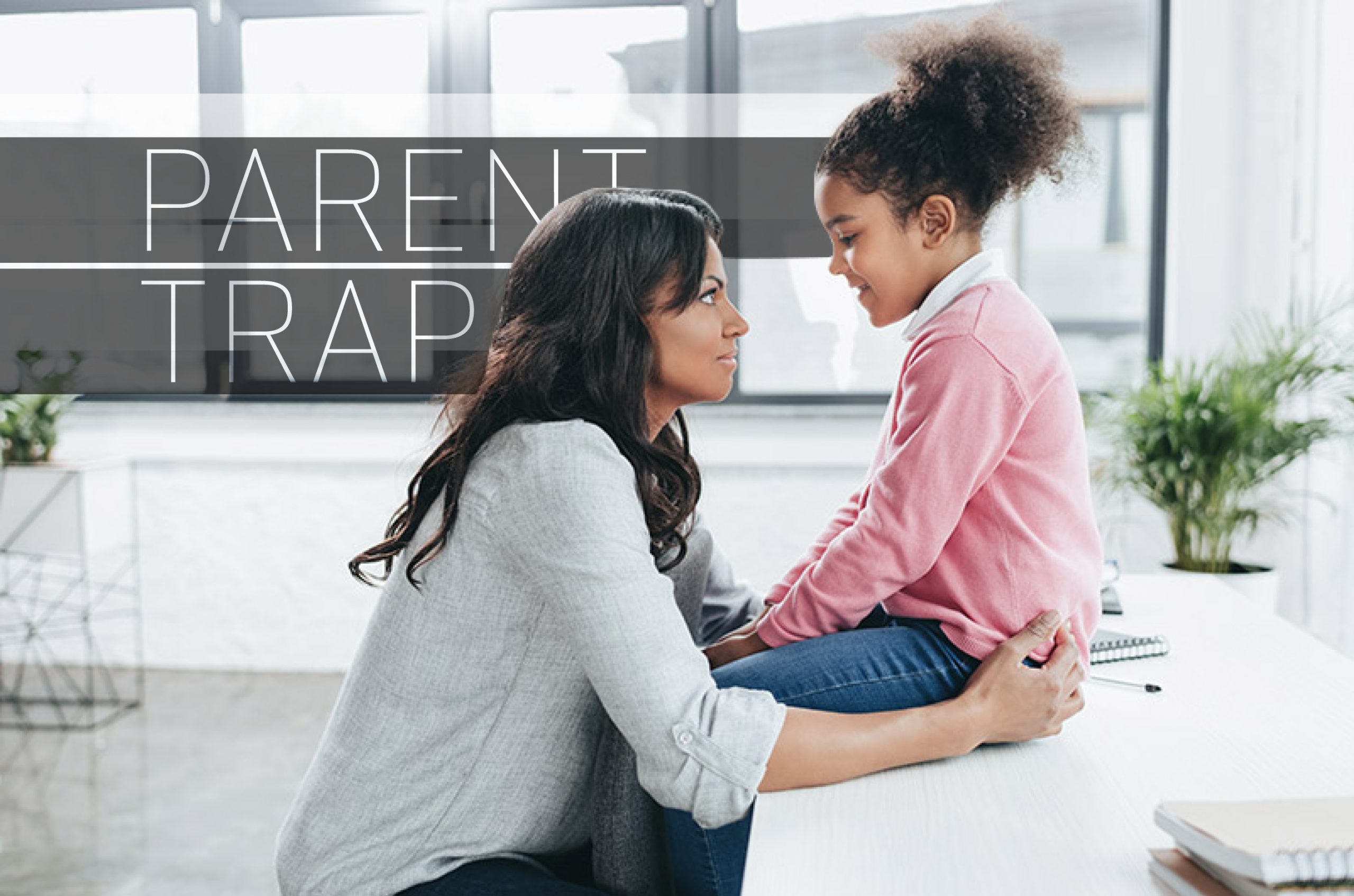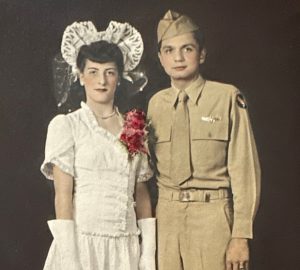When you’re too close and enmeshed in your child’s life, they’re prevented from finding themselves, their path and their own happiness. Most parents aren’t aware when they cross the line, so let me give some examples of how an enmeshed relationship might look.
Sam becomes extremely worried every time he must make an important decision. His fear that he will disappoint his parents causes him to let them decide, and his parents have been all too willing to solve Sam’s problems and make decisions for him. The result is Sam being overly dependent on his parents and other adults.
Sofia’s mom has been depressed and lonely for years and has turned to her daughter as her confidant and therapist. Being 16 brings more than enough challenges, including the normal emotional ups and downs of adolescence, but Sofia feels responsible for her mom’s happiness. She is often overwhelmed by dealing with her mom’s feelings along with her own emotions and problems.
Lucy has been pulled into arguments between her parents for years and hates it when they both confide in her and badmouth the other. She wishes they would vent to another adult instead of her.
Jake’s single mom has become dependent on him to shop, make meals, do the laundry and take care of three younger siblings. Thus, Jake’s mom won’t allow him to look into attending college out of state because she doesn’t know what she would do without him.
Abby’s mom has gotten involved in all of her friendships and dating relationships for years. Her mom reads all her texts, social media posts and even her journal entries. Abby feels controlled, smothered and angry.
Most parents lack awareness about their own mental health issues and the ways they have become overly dependent and involved in their children’s lives. There are usually underlying subconscious reasons caused by unresolved issues from their childhood or adult life that explain why parents behave in these ways. But these emotions and issues don’t belong in their relationship with their kids.
Kids need to understand why their parents act the way they do so they don’t take it personally or shoulder responsibility for their parent’s feelings, mental health or happiness. It is critical that they learn to believe that their parent’s behaviors are not about them. And it’s important that children have adults to talk to for a healthy perspective about what they are experiencing. This could be a friend’s parents, a counselor or a relative who can take them under their wing and support them.
To become who they are meant to be, kids need space—not to be shackled with their parent’s baggage. They need safe spaces to find themselves, make choices, solve their own problems, make mistakes and follow their own path to create their own destiny. Counseling and support from healthy adults can allow children to break unhealthy family cycles and create healthy relationships with friends and romantic relationships.
Tim Jordan, M.D., is a behavioral pediatrician who works with girls in grade school through college. Check out his new online course, Parenting girls: The challenges girls face today with their feelings and friends and what they need, at drtimjordan.com.








